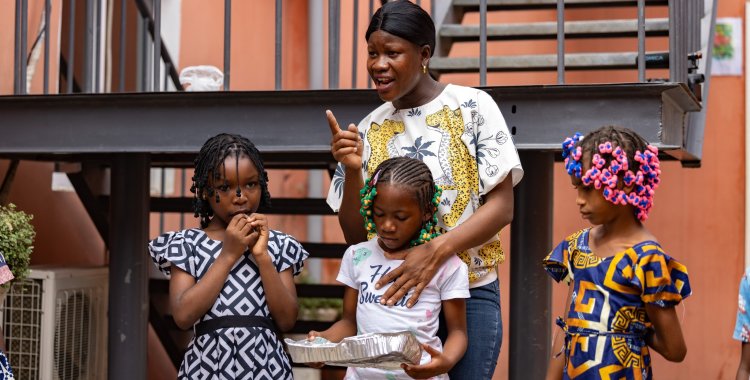Citizens belonging to minority language communities have the right to use their own language, in private or in public, freely, without interference or any form of discrimination, and the relevant entities must ensure, if necessary or mandatory, translation into the official language, the draft language law states.
The legal proposal, which was open for public consultation until Friday and which Lusa had access to this Wednesday, classifies the languages of Angola according to their origin, namely African, European (Portuguese), sign language and Braille.
Portuguese is the only official language of Angola, as provided for in the Constitution.
According to the authorities, the proposal aims to protect, value, dignify and promote the study of Angolan languages of African origin and ensure their development as languages of national identity and communication, due to the cultural and civilizing values they convey.
It is established that the bodies of central and local administration and the autonomous administration "may, when necessary and possible", make use of Angolan languages of African origin, accompanied by the respective translation into the official language.
In this proposed law, Angolan languages of African origin are subdivided into four categories, namely regional languages – Kikongo, Kimbundu, Cokwe, Ngangela, Olunyaneka, Olukuvale, Oxikwanyama and Umbundu.
The other categories are local languages – Ifyote, Songo, Mbangala, Luvale, Mbunda, Lunda, Vátwa and Khung) – cross-border languages – Cokwe, Luvale, Oxikwanyama, Kikongo) – and transnational languages – Kikongo, Oxihelelo and Khung).
The State "guarantees the effective legal protection of the languages of Angola, through normative and administrative acts, promoting their permanent study, in order to accompany the development of society", says the proposal prepared by the Ministry of Culture.
The State and public and private entities encourage the promotion of cultural identity, through the Languages of Angola, "by creating suitable conditions for learning and access to education in their mother tongue and the official language", the government initiative adds.







